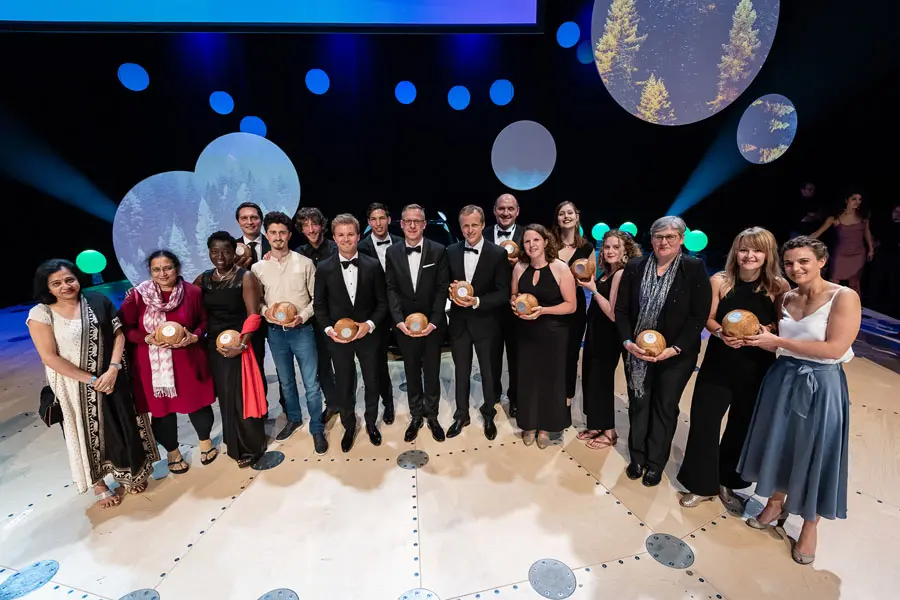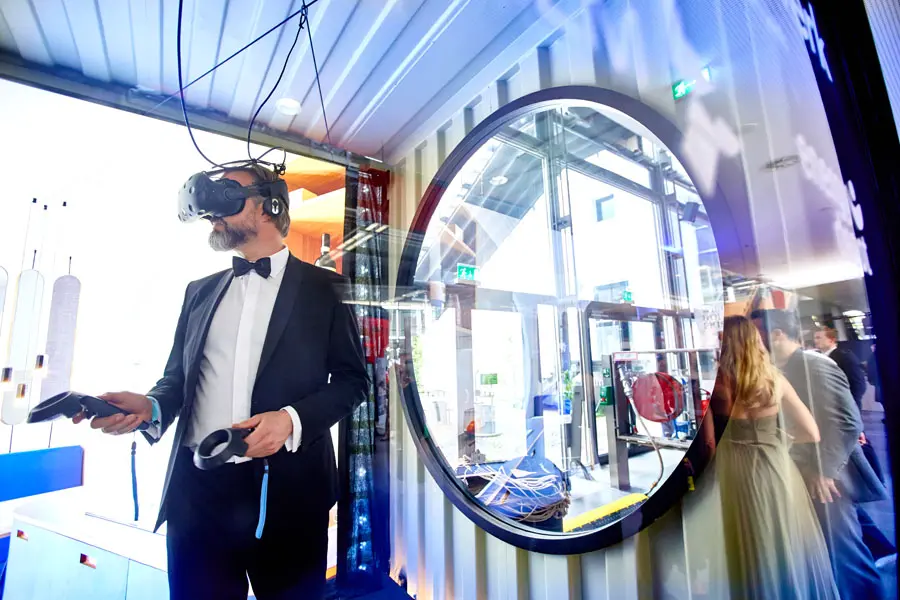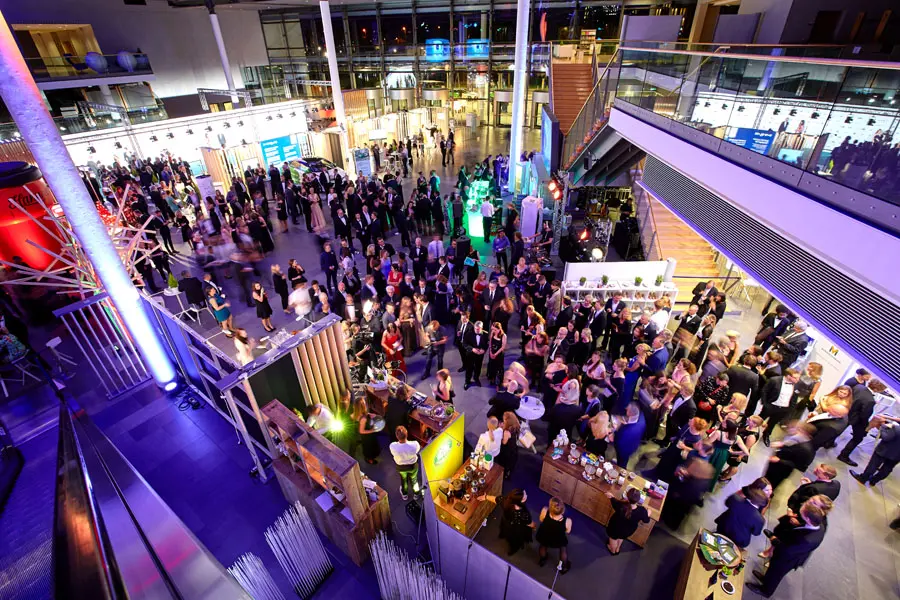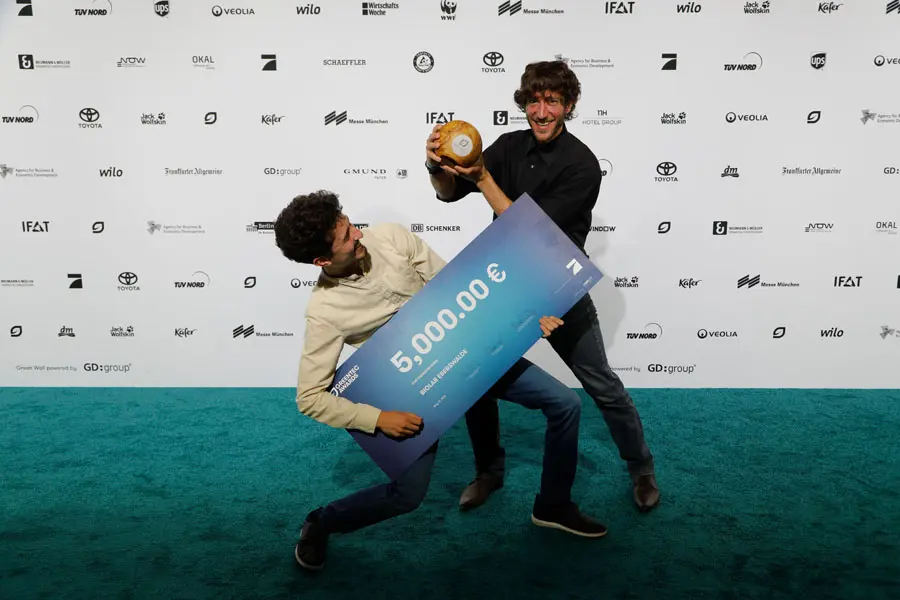The recycling industry in Germany has a turnover of 70 billion euros per year. In terms of the economy as a whole, this is a very high share,’ said the nation’s Federal Environmental Minister Svenja Schulze at the opening of this week’s highly anticipated IFAT trade show. More than 3300 exhibitors are showcasing their products and services in Munich this week.
A recent survey conducted as part of the IFAT Environmental Index 2018 points out that 71% of consumers see plastic waste as a problem. On the bright side, the power of Germany’s recycling industry is ‘significant’, Schulze told delegates in Munich during her opening speech on Monday. While recyclers have a big impact on the economy, she advocated avoiding plastic products like single-use packaging as much as possible.
‘Obviously, no one wants to see plastics in the oceans. We need to stop creating unncessary waste,’ she stated with determination. The minister complimented the wide array of innovative recycling solutions on display at the IFAT expo, and believes they will help conserve resources while decoupling economic growth from raw material consumption.
Multi-million investment
Germany’s Federal Ministry of Education and Research has launched one of the world’s largest research programmes to tackle ‘plastic in the environment’. No less than EUR 35 million was invested in the project, which will be completed in 2021 and is backed by 100 international partners from science, industry, associations and municipalities.
Leadership award
The Greentec Award recognising a pioneer in environmental leadership was presented to Dr. Auma Obama, the sister of former US president Barack Obama. The IFAT ceremony celebrated her work for her foundation “Sauti Kuu – Powerful Voices”; it teaches children in rural Kenya how to make the most of resources and become economically independent.
An ‘eternal’ cycle
An expert discussion panel later agreed that voluntary schemes for plastics ‘will probably not get us very far’. Instead, the government would be wise to impose taxes on plastics. It was also noted that recycled content products are still gaining popularity; it has already proven to be a niche embraced by consumers and big brands alike.
‘We can convert one kilogram of old plastics into almost the same amount of new material—a nearly eternal cycle,’ said Giulio Bonazzi, President of the Italian plastics manufacturer Aquafil. He stressed that complex recycling methods are required to process even plain plastic objects, such as beverage bottles.
‘We cannot simply melt down plastic bottles and make new ones,’ Bonazzi contended. ‘If we do that, the material will no longer be transparent. In most countries law states that bottles have to be transparent,’ he added. In his opinion, chemical recycling is the answer. Further advancements in chemical recycling is a ‘big opportunity’ to those involved in the plastics sector, Bonazzi underlined.
A total of 136 885 visitors from 169 different countries attended the previous edition of IFAT. It is believed this year’s expo will break this record.
www.ifat.de
Don't hesitate to contact us to share your input and ideas. Subscribe to the magazine or (free) newsletter.








